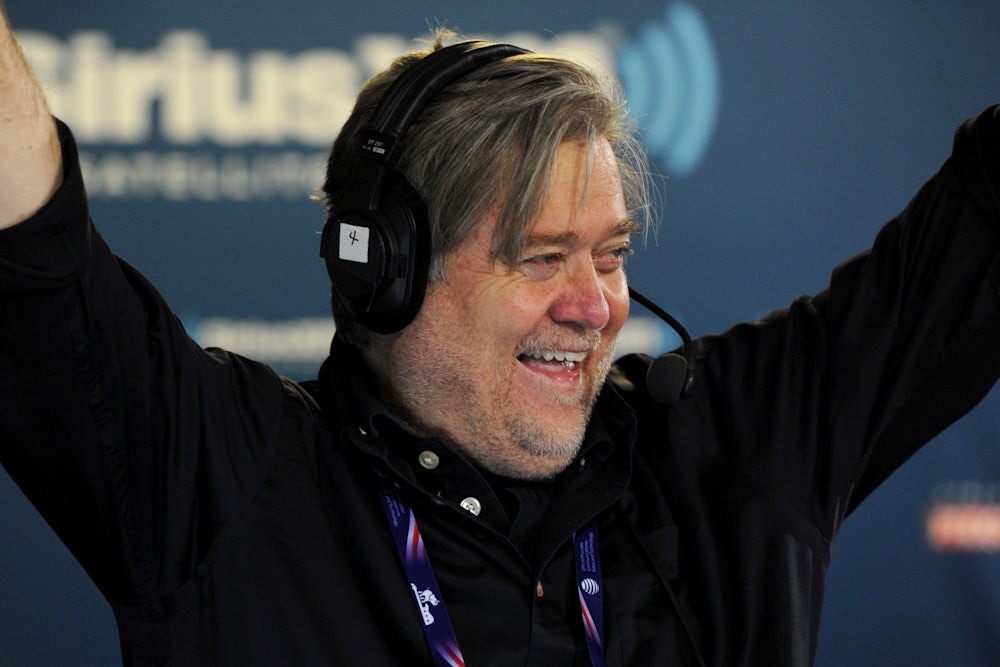Following Donald Trump’s victory in the American presidential race, pundits have warned of a domino effect in Europe, where a stuttering economic recovery, growing euro-skepticism, and the migrant crisis have stoked far-right nationalist movements. On Sunday, it seemed that another domino fell: French conservatives chose Francois Fillon over the centrist Alain Juppe in a surprise primary landslide. In the general election, Fillon—who advocates a pro-Russia foreign policy, a “clash of civilizations” approach to Islam, and legal measures to undermine gay rights—will run against the far-right National Front candidate Marine Le Pen, also known as the “French Donald Trump.” With President Francois Hollande suffering from abysmal approval ratings, the election is shaping up to be the most unpalatable French liberals have faced in recent history.
It is also not a good omen for German Chancellor Angela Merkel, who is seeking a fourth term in 2017 and will likely face opposition from the Alternative for Germany party, another iteration of the far right. If Merkel is unseated, the Western democratic establishment may find itself leaderless.
For Bannon, Trump’s anointed chief of staff and former chairman of the alt-right haven Breitbart News, it’s cause to celebrate. He has already hinted at expanding the site’s operations to new bureaus in France and Germany to help facilitate Trump-like upsets there. Merkel is taking him seriously as an opponent, issuing warnings of the potential for fake news to influence German elections. “We shouldn’t underestimate what’s happening on the internet,” Merkel said in a speech to parliament last week. “Opinions today are formed differently than 25 years ago. Fake pages, bots, and trolls can distort views.”
